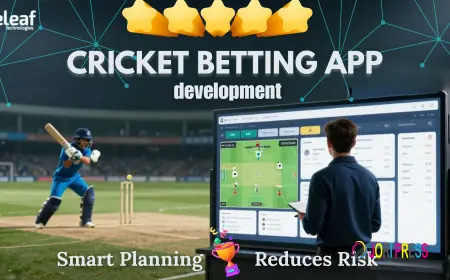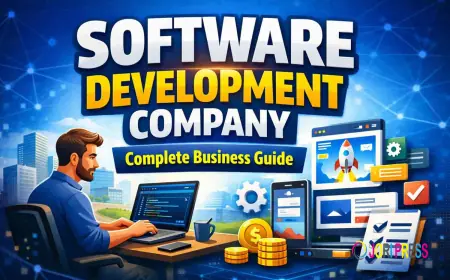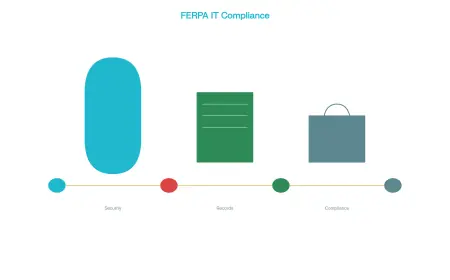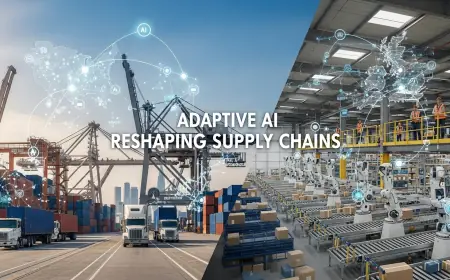Is Content Marketing Still Relevant for B2B Businesses in 2025?
The B2B marketing landscape in 2025 is more dynamic than ever, shaped by shifting buyer behaviors, AI-driven tools, and a strong emphasis on personalization. Despite the emergence of new technologies and automation platforms, one question continues to circulate among B2B marketers: Is content marketing still relevant? The answer is a resounding yes—more than ever before.
Content marketing remains a cornerstone of B2B strategy because it builds trust, educates prospects, and nurtures leads over long buying cycles. Unlike B2C marketing, which often hinges on impulse purchases, B2B decisions involve multiple stakeholders, high-value transactions, and longer deliberation periods. That’s where content steps in—as a vehicle to inform, persuade, and convert.
In 2025, B2B buyers are more self-directed than in previous years. A majority of decision-makers prefer to conduct independent research before even speaking with a sales representative. This means companies that consistently publish high-quality content—whitepapers, case studies, explainer videos, podcasts, and blog posts—are far more likely to be discovered early in the decision-making process. Thought leadership content, in particular, positions a brand as a trusted authority and sets it apart in a competitive landscape.
Partnering with an enterprise SEO company allows B2B organizations to amplify their content strategy by ensuring it's not only insightful but also discoverable. These companies optimize technical SEO elements, enhance content visibility across search engines, and align marketing efforts with long-term business objectives. By incorporating search trends and keyword data into content planning, they help brands stay ahead of competitors in organic search results.
One reason content marketing continues to thrive is its ability to scale personalization. Thanks to data analytics and AI, B2B companies can now deliver content that’s tailored to individual roles, industries, and even stages in the buyer journey. Personalized case studies or targeted industry reports are far more effective than generic brochures. This precision deepens engagement and increases conversion likelihood.
To support these initiatives, many organizations turn to enterprise SEO services. These services go beyond traditional SEO by integrating with content marketing platforms and CRM tools. They ensure that every piece of content—from blog posts to gated assets—supports both user experience and search performance. With intelligent keyword strategies, audience segmentation, and performance tracking, these services enable B2B marketers to measure content ROI accurately and make data-driven improvements.
Another major trend influencing content marketing in 2025 is the integration of artificial intelligence. Tools like ChatGPT and other AI writing assistants streamline content creation, automate idea generation, and even help repurpose long-form articles into short-form assets for social media. However, while AI assists with efficiency, human oversight remains crucial to maintain authenticity and relevance.
With increased competition in B2B sectors, simply publishing content isn't enough. Marketers must focus on strategic distribution. Platforms like LinkedIn, industry-specific forums, and B2B newsletters play a vital role in content amplification. Also, interactive formats such as webinars and virtual roundtables are seeing significant engagement, allowing brands to deliver value in real time while collecting first-party data.
To coordinate these efforts effectively, many companies seek help from an enterprise SEO agency. Such agencies combine content marketing expertise with technical SEO proficiency, offering integrated strategies that bridge organic reach and lead generation. They help craft editorial calendars, optimize landing pages, and ensure content aligns with both search engine algorithms and human intent.
Measurement is another area where content marketing has matured. B2B marketers now have access to advanced analytics that track not only page views but also content attribution, lead quality, and pipeline contribution. This granular insight helps refine strategies continuously and ensures that content investments directly support revenue goals.
In the age of zero-click searches and AI-driven search results, the structure and intent of content matter more than ever. Well-optimized content with clear value propositions is key to staying visible and relevant. This is why investing in comprehensive enterprise SEO solutions is becoming the norm for forward-thinking B2B brands. These solutions provide an end-to-end framework—combining keyword strategy, content optimization, UX improvements, and performance analytics—to ensure that content serves both the user and the business.
In conclusion, content marketing is far from obsolete in 2025—it’s evolving. For B2B businesses, it remains a powerful engine for visibility, engagement, and growth. As digital ecosystems become more complex, the synergy between content marketing and enterprise SEO becomes not just beneficial, but essential. Brands that understand this connection will lead the way in building trust, driving demand, and scaling sustainably.
What's Your Reaction?
 Like
0
Like
0
 Dislike
0
Dislike
0
 Love
0
Love
0
 Funny
0
Funny
0
 Angry
0
Angry
0
 Sad
0
Sad
0
 Wow
0
Wow
0














































